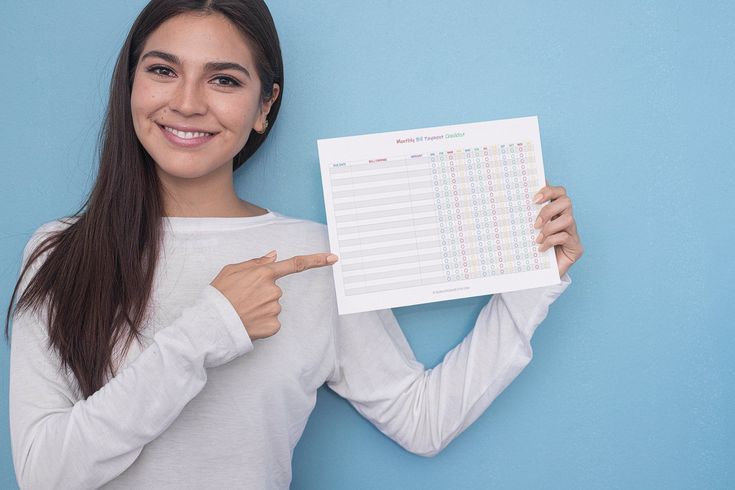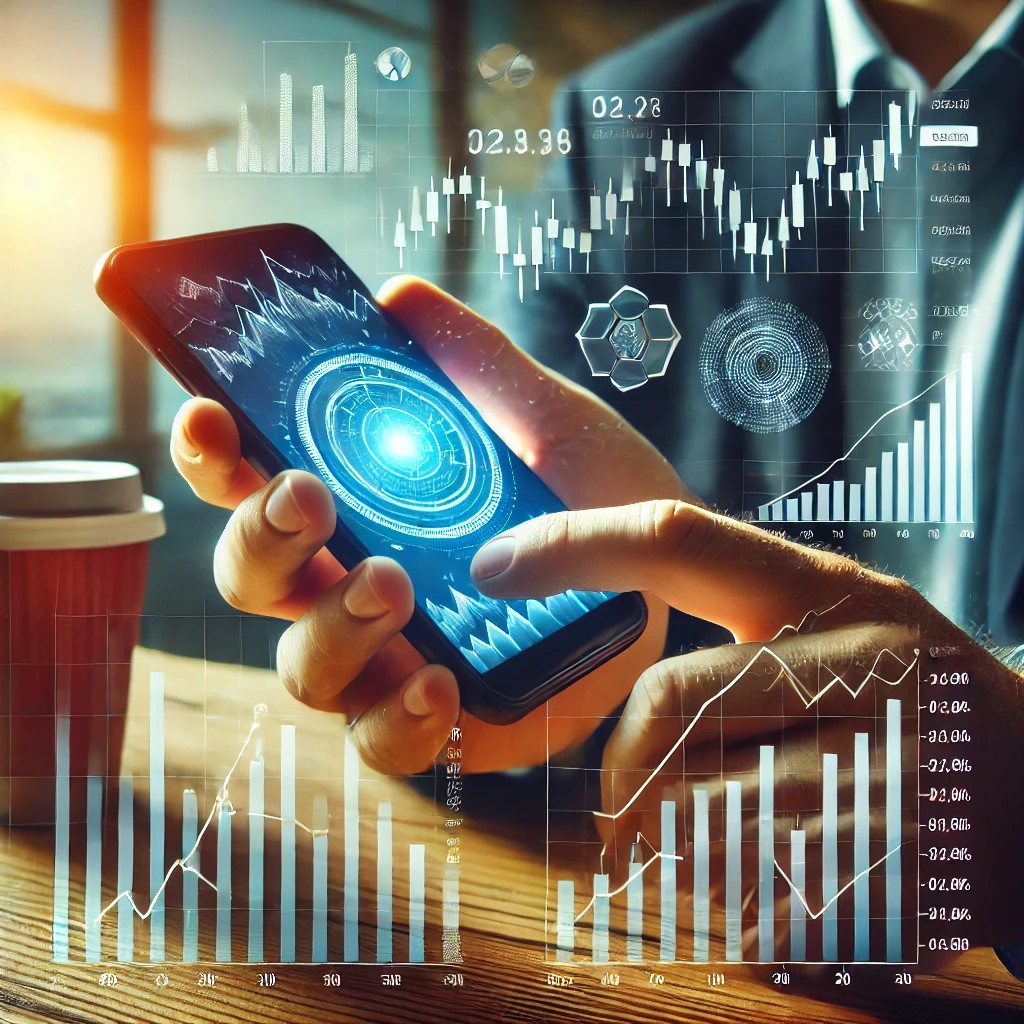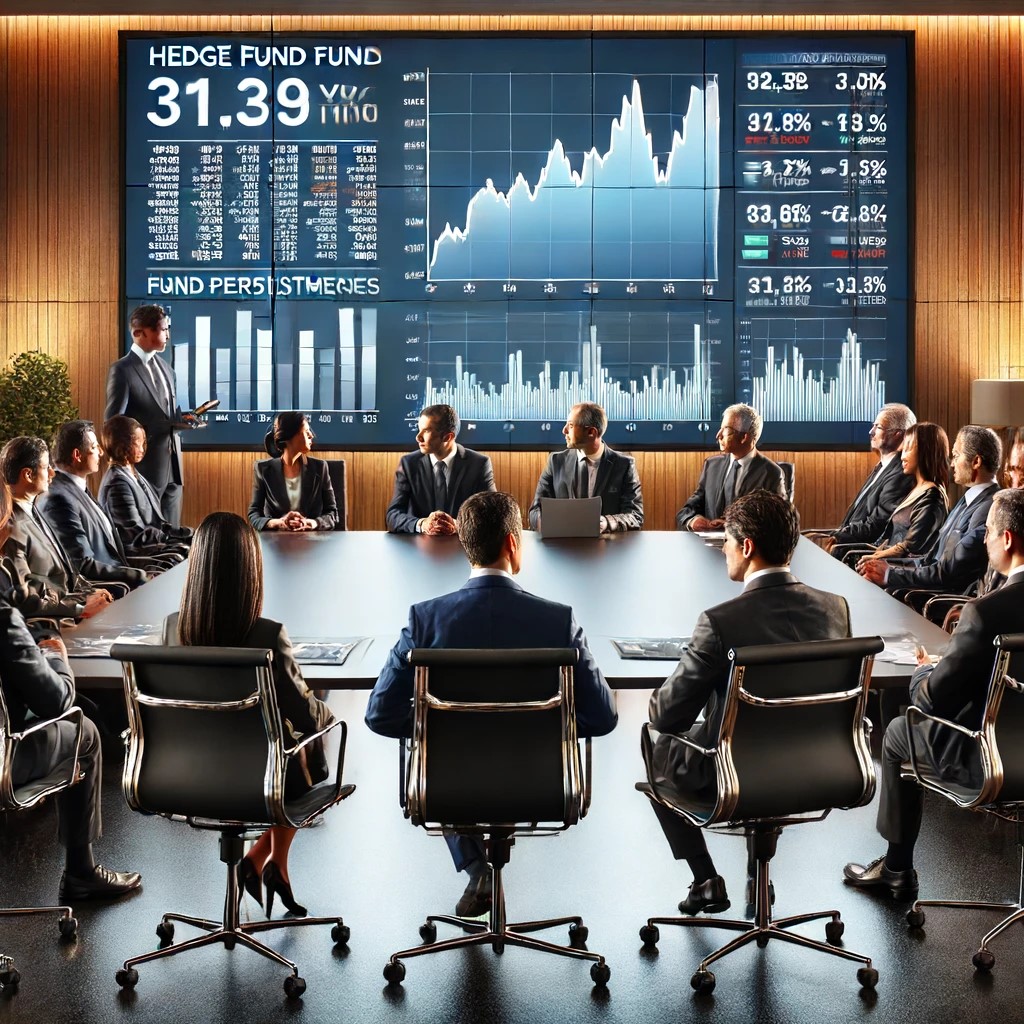The world of finance is rapidly changing and it has become a dynamic field. Among the driving forces behind this dynamism in finance, new technologies have greatly improved and accelerated transactions—making them faster, cheaper and more secure. Perhaps two of the most potential areas within finance are smart contracts and artificial intelligence (AI). These two creative forces, interconnectedly, are changing the way financial transactions occur. The question might be: what are smart contracts and AI, and how will that change the world of finance? Let's explore this evolution.
What Stands for Smart Contracts?
Smart contracts agreements in digital format that are self-executed under pre-specified conditions. In other words, think of smart contracts in a similar way to just a regular contract, but digital, with the same rough idea: no need for any intermediary such as some lawyer or bank, for it to happen. On the contrary, they rely on the blockchain because it is designed to be a digital, secure, and transparent ledger. Imagine the purchase of a house, free from the headache of unwanted and never-ending paperwork and taking weeks for the closure. This process becomes smoothed over and easy through a smart contract. For example, through this very smart contract, ownership of the house smoothly transfers to you once it receives the required amount of payment. Everything gets automated, bound safely with rules skillfully interlocked with coded scripts.
What is Artificial Intelligence (AI)?
AI refers to the intelligent computer systems which perform tasks in a way that mimics human intelligence. It includes learning from the data, identifying patterns, and making decisions. It has already penetrated many parts of our daily life—from virtual assistants like Siri to the algorithms of recommendations used by Netflix. In the present financial setup, AI is doing fantastic work in finance in stock price prediction and fraud detection among other tasks, for consultancy of personal finance. Assisting with speed and accuracy makes laborious work toward human achievement much easier.
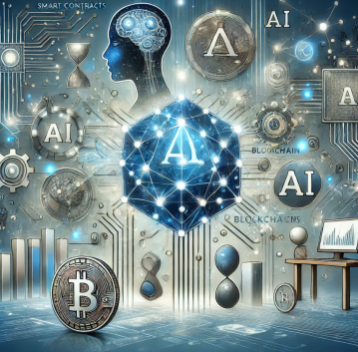
How Do Smart Contracts and AI Fits?
Smart contracts and AI come together with an automated financial system by integrating processes seamlessly in the following ways:
- Automated Decision-Making: AI is able to process huge volumes of data within seconds and take its decision in light of such analysis. For instance, AI gets to determine the creditworthiness of an applicant for lending by the financial institute. In such cases, a smart contract approves or rejects the loan application without the involvement of human beings, through an independent decision-making AI system.
- Security and Fraud Detection: Smart contracts are extremely secure because they exist on a blockchain platform where it is difficult to tamper with them. The security of transactions increases when AI, which is quite good at pointing out deviations, is combined with smart contracts. For instance, AI by itself, would pick up on suspicious activities in real time as and when they occur. Smart contracts will only execute valid transactions backed by authentication of AI systems.
- Quicker and Cheaper Transactions: Most financial transactions involve several traditional stages, which are time-consuming and expensive. Whereas smart contracts offer more easy means, reducing many of these steps and increasing transaction speed. AI can further refine such transactions by automating tasks such as risk assessment and verification of identity.
- Personal Finance Services: AI route smart contracts in best interest of personal finance utilization after analyzing behavioral data, spending patterns and financial history. Think of a bank that really tells you what kind of loans or investments you should take—then do better with smart contracts applying those recommendations. It really gets this smooth.
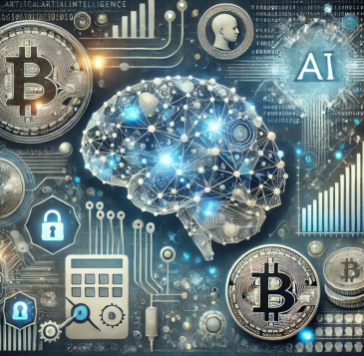
Practical Applications
Merging smart contracts and AI does not only have theoretical reasons but has several broad applications in real life. A few of the most important are listed here:
- Insurance Claims: It usually takes a lot of time and hassle to file an insurance claim. AI evaluates within a few minutes whether the claim is valid or not. If all checks and authentications verify, a smart contract will automatically approve any claim for settlement without delay.
- Supply Chain Finance: In industries such as manufacturing, usually experience very slow payments between suppliers and buyers. AI tracks products in real time as smart contracts release payments upon delivery. In that way, it leads to a reduction in lead time.
- Decentralized Finance (DeFi): DeFi is a way of using smart contracts for financial services without using any type of financial intermediary (i.e. bank). It integrates AI into the design of DeFi and further evolves the creation of trading algorithms for lending rate optimization and overall user experience.
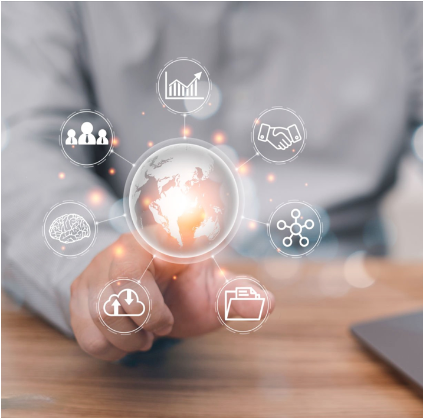
Challenges and Future Perspectives
Of course, the integration and potential of smart contracts and AI in finance is enormous, however there are still challenges overcome. Security will always be a huge concern, with hackers constantly eyeing any possibility of openings for manipulation. All these technologies are actually very young, as well as steep learning curves for businesses and regulators.
But, as we know, technology is developing day by day. Thus, smart contracts and AI may start offering a broader role in our daily financial transactions. They also allow us a vision of what the future may hold for financial services: faster, perhaps more secure and personalized. Smart contracts and AI are designed to change the financial world due to automation, improved security features and cost reduction.

